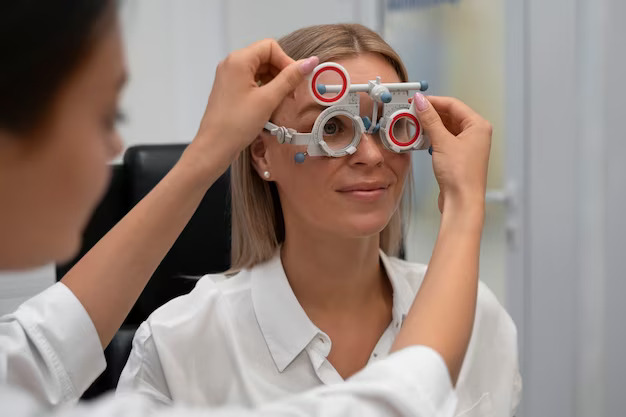Often called the "silent thief of sight," glaucoma is a collection of eye disorders that cause progressive loss of vision by harming the optic nerve. One of the primary factors contributing to glaucoma is elevated intraocular pressure (IOP). This comprehensive guide explores various medical treatments aimed at managing IOP, crucial in the effective management of glaucoma. If you're seeking specialized care, consulting a glaucoma eye specialist can provide personalized guidance for your condition.
Understanding Intraocular Pressure (IOP):
The fluid pressure inside the eye is known as intraocular pressure. Maintaining a balance in this pressure is vital for the health of the optic nerve. Elevated IOP can lead to optic nerve damage, a hallmark of glaucoma.
Common Medical Treatments for Glaucoma:
Prescription Eye Drops:
Prostaglandin Analogues: These eye drops increase the drainage of aqueous humor, reducing IOP. Common examples include latanoprost and bimatoprost.
Beta-Blockers: Eye drops such as timolol decrease the production of aqueous humor, thereby lowering IOP.
Alpha Agonists and Carbonic Anhydrase Inhibitors: These eye drops work by both reducing fluid production and increasing drainage.
Oral Medications:
Carbonic Anhydrase Inhibitors: Available in oral form, these medications help lower IOP by reducing fluid production in the eye.
Laser Therapy:
Selective Laser Trabeculoplasty (SLT): This laser treatment helps improve the drainage of aqueous humor by selectively targeting specific cells in the eye's drainage system.
Laser Peripheral Iridotomy (LPI): Used for certain types of glaucoma, this procedure involves creating a small hole in the iris to improve fluid drainage.
Surgical Interventions:
Trabeculectomy: A surgical procedure that creates a new drainage channel for aqueous humor, lowering IOP.
Glaucoma Drainage Devices: Implantable devices that facilitate the drainage of excess fluid from the eye.
The Role of a Glaucoma Eye Specialist
A glaucoma eye specialist is a medical professional with specialized knowledge and experience in the diagnosis and management of glaucoma. These specialists conduct thorough evaluations, including measuring IOP, assessing optic nerve health, and considering other relevant factors. If you've been diagnosed with glaucoma or are at risk, consulting a specialist ensures that your treatment plan is tailored to your specific needs, maximizing the chances of preserving your vision.
Lifestyle Considerations for Glaucoma Management
In addition to medical treatments, certain lifestyle adjustments can complement the management of glaucoma:
Regular Exercise: Engaging in moderate exercise can help improve blood flow to the eyes and lower IOP.
Healthy Diet: A diet rich in antioxidants, vitamins, and minerals may contribute to overall eye health.
Stress Management: Chronic stress can affect IOP; therefore, stress-reducing activities are beneficial.
Conclusion
Managing intraocular pressure is a key aspect of glaucoma treatment, and various medical interventions can effectively control this pressure to slow the progression of the disease. If you've been diagnosed with glaucoma or have concerns about your eye health, consulting a glaucoma eye specialist is a crucial step in developing a personalized treatment plan. With the right combination of medical treatments, lifestyle adjustments, and expert guidance, you can take proactive steps towards maintaining your vision and overall eye wellness.





Comments